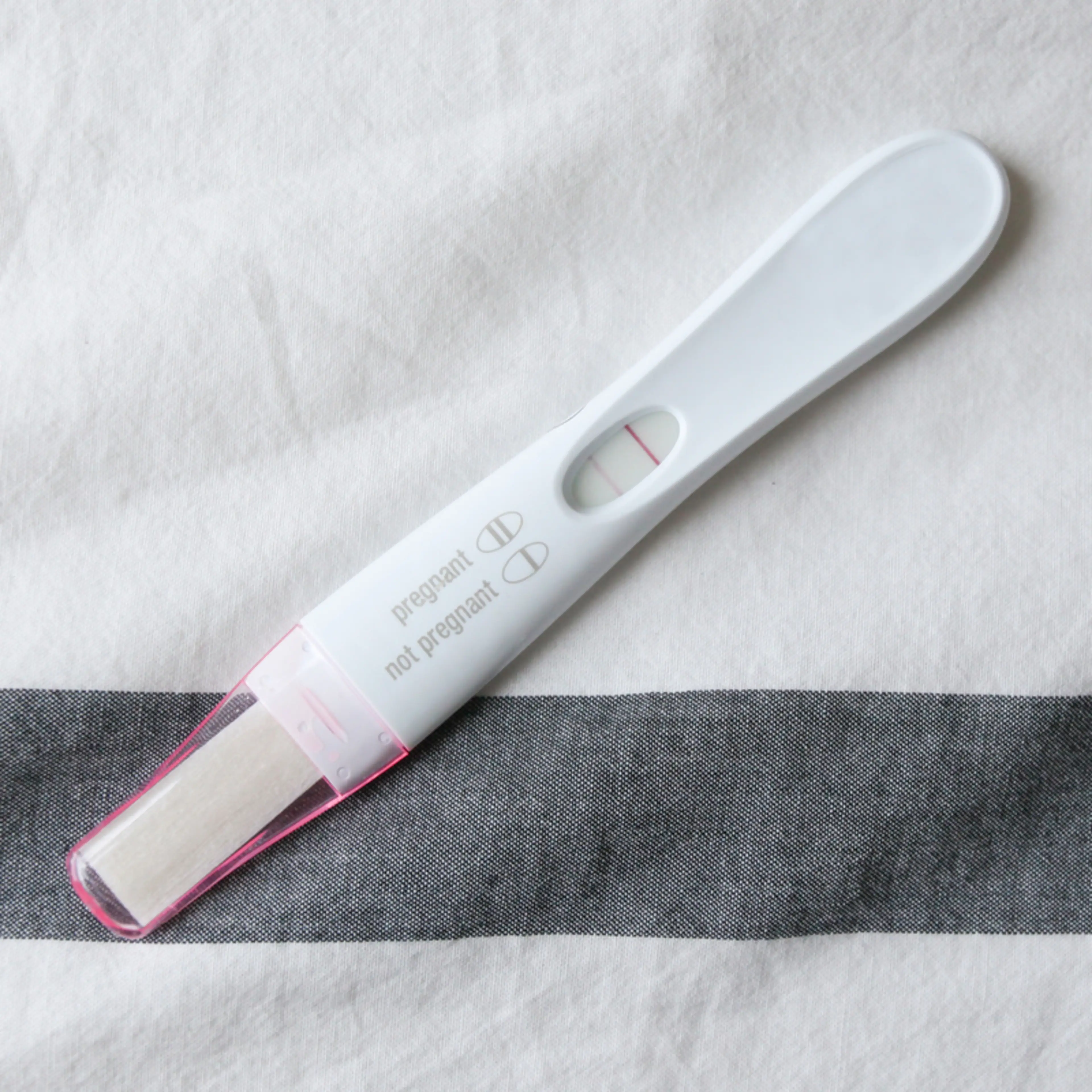What is a doula?
Birth doulas are typically non-medical professionals trained to help support you throughout your pregnancy and during your birth. Doulas focus on the emotional and educational experience of your journey toward parenthood by providing resources that can help improve your pregnancy and birth experience.Here are some ways to incorporate a doula into your birth.
What do doulas do?
Doulas can work in any birthing environment. You don’t need to birth your baby at home to work with a doula. In fact, doulas actually serve a great function in a hospital setting because the hospital staff (including your nurse) will change shifts every 7 to 10 hours. Since most labors last longer than 12 hours, this means you’ll be working with different people throughout your labor. A doula, however, will stay with you throughout. Research also shows that working with a doula can improve your labor and reduce the need for interventions.
Doulas can help your partner or chosen family member. People sometimes think that working with a doula will mean your partner or chosen family members or friends are excluded from the birthing experience. Nope. In fact, your doula is there to empower your birth partner with skills to help them support your pregnancy and labor. Think of the doula as a coach for the whole family, someone who’s there to make everyone feel supported through the process.
Doulas are your cheerleaders. Doulas are there to help make you feel. Doulas provide a space for you to ask any and all questions about your pregnancy. They can positively reinforce and normalize symptoms, feelings and fears. They offer support without you having to worry you’re dumping on anyone.
You don’t have to have an unmedicated birth to work with a doula. In an unmedicated birth, a doula will help you with breathing. This kind of support—as well as advice about laboring positions and movements to move labor along—can improve contractions, and keep you motivated as you move through your labor.That said, if you have a medicated birth and plan to use, say, an epidural, doulas can still be helpful. They help you find positions that are hospital-bed friendly and can potentially reduce the length of your labor. Doulas can also help in a cesarean birth, mostly working as a support person in the room to help keep you, your partner or chosen family member or friend calm.
A doula is not just for labor. Enlisting the help of a doula earlier in your pregnancy can help make you feel less nervous about the birth and can provide a safe space to share about the pregnancy, ask questions and feel supported.
Doulas are resource banks, especially if it’s your first pregnancy. Working with a doula can help connect you to care providers that you really vibe with. Your doula will assist you with finding your OB or your midwife. They can recommend acupuncturists and massage therapists, introduce you to other new parents in your neighborhood and help be a resource for other things pregnancy related.
You don’t have to be a first-time parent to work with a doula. There’s no rule that says only first-time parents deserve support! Sometimes if you had a birth experience that was challenging, working with a doula can help reframe the experience.
11 interview questions to ask a doula
Finding the right doula for you is a personal experience. You’ll want someone who you feel really comfortable with. When you’re interviewing doulas, these questions can help you decide if they’re right fit for you and your family.
Why did you become a doula?
What sort of training have you had?
How many births have you attended?
Do you generally work with home births or hospital births? Which hospitals are you most comfortable with? Why? Are you part of a collective? Who is your backup?
How many clients do you take per month?
How much do you charge? What does that include?
What kind of specialized services do you offer?
Do you have experience in complicated births like mine? (If applicable)
Are you supportive of medicated and unmedicated birth? If not, why?
Would you be open to supporting a cesarean birth?
Will you support me through any decision?
Erica Chidi is the co-founder and CEO of LOOM, a platform empowering women through sexual and reproductive health education. She is also a doula, health educator and the author of the Nurture: A Modern Guide to Pregnancy, Birth, Early Motherhood.












